Science & Society
Sign up for our newsletter
We summarize the week's scientific breakthroughs every Thursday.
-
 Climate
Climate‘18 Miles’ is full of interesting tales about Earth’s atmosphere
The new book ‘18 Miles’ takes readers on a journey through the atmosphere and the history of understanding climate and weather.
By Sid Perkins -
 Science & Society
Science & SocietyWaking up early to cover science’s biggest honor
Editor in Chief Nancy Shute discusses how the Science News editors and reporters cover the Nobel Prizes each year.
By Nancy Shute -
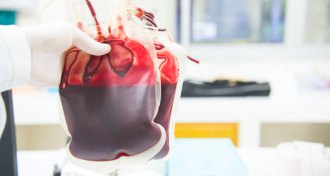 Life
LifeExplore the history of blood from vampires to the ‘Menstrual Man’
Rose George’s book ‘Nine Pints’ offers readers an engaging and insightful cultural and scientific history of blood.
-
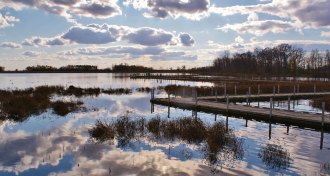 Environment
EnvironmentWe’re probably undervaluing healthy lakes and rivers
Clean water legislation often doesn’t seem like a good deal on paper. Here’s why that may be misleading.
-
 Genetics
GeneticsGenealogy databases could reveal the identity of most Americans
Keeping your DNA private is getting harder.
-
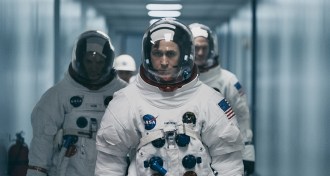 Astronomy
AstronomyThe Neil Armstrong biopic ‘First Man’ captures early spaceflight’s terror
At a time when NASA is considering how to return astronauts to the moon, ‘First Man’ is a sobering reminder of how risky the first giant leap was.
-
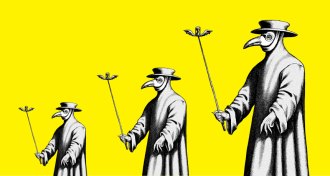 Health & Medicine
Health & Medicine‘Sawbones’ invites readers to laugh at the bizarre history of medicine
‘The Sawbones Book,’ based on the popular podcast by Dr. Sydnee and Justin McElroy, ties the strange history of modern medicine to modern pseudoscience.
By Mike Denison -
 Science & Society
Science & SocietyThe economics of climate change and tech innovation win U.S. pair a Nobel
Climate change and tech innovations inspired the new Nobel Memorial Prize winners in Economic Sciences.
By Bruce Bower -
 Particle Physics
Particle PhysicsPhysicist Leon Lederman, renowned for his subatomic particle work, has died
The Nobel Prize–winning particle physicist discovered multiple particles and wrote popular science books.
-
 Science & Society
Science & SocietyBefore his early death, Riemann freed geometry from Euclidean prejudices
The originator of Riemann’s hypothesis died young, but he provided the geometry needed for modern view of spacetime.
-
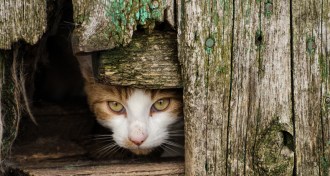 Animals
AnimalsFeral cats appear to be pathetic at controlling New York City’s rats
When cats are on the prowl, rats may become harder to see, but roaming cats actually killed only a few.
By Susan Milius -
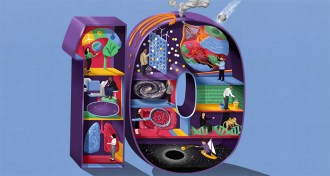 Science & Society
Science & SocietyThe SN 10: These scientists defy limits to tackle big problems
With a drive to understand how things work, these young researchers are making a mark in sustainable energy, medicine, astronomy and technology.